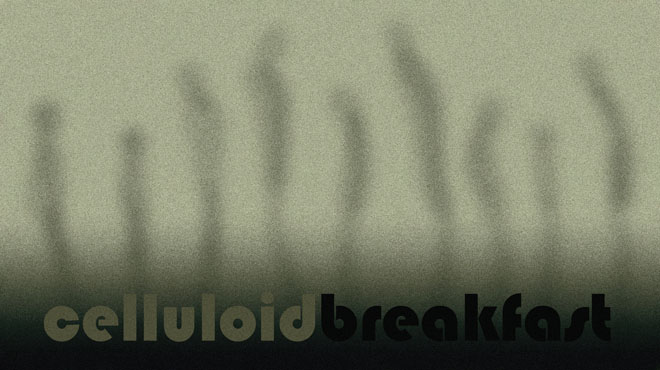Like Béla Tarr’s TV version of Macbeth, which is dominated by an hour-long shot, Fassbinder’s version of The Coffee House requires considerable patience from the viewer, and relies heavily on the richness of language to communicate its emotional subtleties. Before making his film adaptation, Fassbinder had rewritten the play for the stage, stripping it of its elaborate set design and whimsical comedy to place it firmly in the modern age. It is this unrelentingly stoical approach which permeates a lot of Fassbinder’s early work, and it was at this point that his theatrical output was most prolific. On screen, The Coffeehouse still feels like a play, but as a film it does paradoxically gain an undercurrent of comedy through its supposed seriousness. As actors deliver their lines in turn, the viewer’s attention is drawn to the status of the production rather than the content, and the characters’ hysterical self-pity becomes little more than a theatrical whimsy.






No comments:
Post a Comment